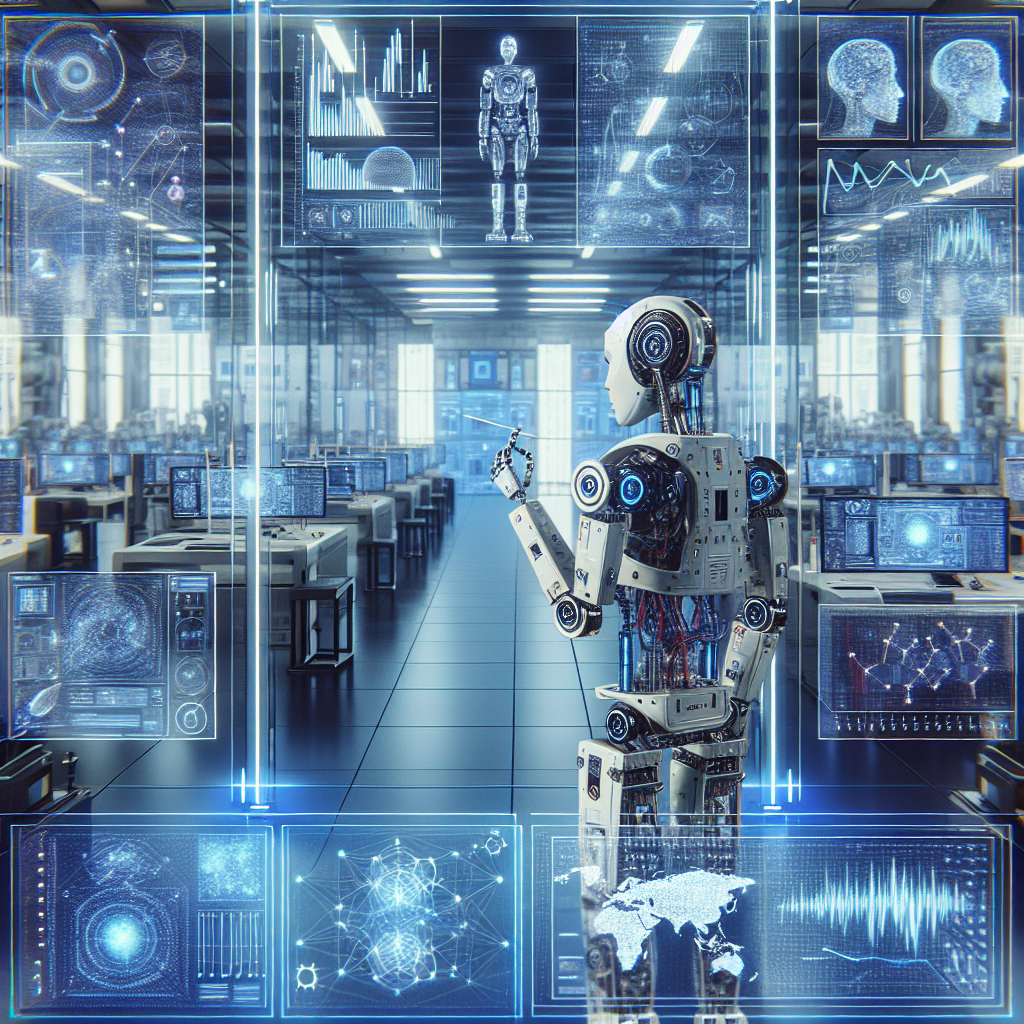Your cart is currently empty!
The Rise of Autonomous Machines: A Look at AI in Robotics

Over the past few years, the field of robotics has seen a significant rise in the use of artificial intelligence (AI) to create autonomous machines. These machines, once the stuff of science fiction, are now becoming a reality thanks to advances in AI technology.
One of the key drivers behind the rise of autonomous machines is the increasing demand for automation in various industries. From manufacturing to healthcare to transportation, companies are looking for ways to improve efficiency and productivity, and autonomous machines powered by AI offer a solution to these challenges.
AI in robotics allows machines to learn from their environment and make decisions on their own without human intervention. This ability to adapt and learn makes autonomous machines well-suited for tasks that require flexibility and problem-solving skills. For example, autonomous drones can be used to inspect infrastructure or deliver goods, while autonomous robots can be employed in warehouses to pick and pack orders.
Another key factor driving the rise of autonomous machines is the increasing availability of data and computing power. AI algorithms require large amounts of data to train, and advancements in data collection and storage technologies have made it easier for companies to collect and analyze the data needed to train AI models. Additionally, improvements in computing power have made it possible to run complex AI algorithms on smaller and more affordable hardware.
Despite the potential benefits of autonomous machines, there are also concerns about the impact they may have on the workforce. As more tasks become automated, there is a risk of job displacement for workers who perform these tasks. However, proponents of AI in robotics argue that the technology has the potential to create new job opportunities in fields such as AI programming, maintenance, and supervision of autonomous machines.
In conclusion, the rise of autonomous machines powered by AI represents a significant advancement in the field of robotics. These machines have the potential to revolutionize industries and improve efficiency and productivity. While there are concerns about the impact on the workforce, the benefits of autonomous machines are clear, and companies are increasingly investing in AI technology to develop these innovative solutions.

Leave a Reply